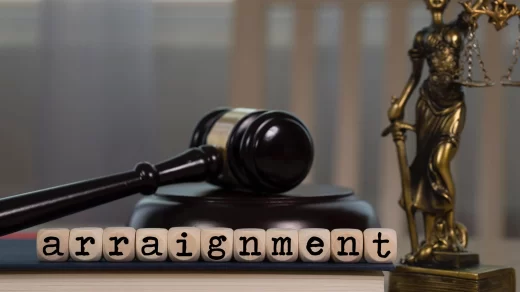In Kenya, the process of case diversion, an alternative resolution to traditional prosecution, is a critical aspect of the criminal justice system. The decision on whether to divert a case is not arbitrary; instead, it rests on the discretion of specific authorities designated to make such determinations.
This article delves into the key players responsible for deciding if a case should be diverted in Kenya, focusing on the pivotal role of the Public Prosecutor and those entrusted with the Director of Public Prosecutions’ (DPP) delegated powers.
The Policy Framework
Kenya’s approach to case diversion is guided by policies that emphasize rehabilitation and restorative justice. According to the established policies, diversion is offered at the sole discretion of the responsible Public Prosecutor or other individuals authorized to exercise the powers delegated by the DPP.
The Responsible Public Prosecutor
The Public Prosecutor plays a central role in the decision-making process regarding case diversion. This official is responsible for carefully assessing each case and determining whether diversion is a suitable course of action.
The evaluation involves considering various factors, including the nature of the offense, the offender’s background, and the potential for rehabilitation. The goal is to ensure that the chosen resolution aligns with the principles of justice and contributes to the overall well-being of the community.
Delegated Powers
Apart from the Public Prosecutor, individuals who have been delegated powers by the DPP also hold the authority to make decisions on case diversion. These individuals act as representatives of the DPP and are entrusted with the responsibility to exercise their discretion judiciously.
The delegation of powers allows for a more flexible and responsive approach to case diversion, considering the unique circumstances surrounding each case.
Factors Influencing Decision-Making
The decision to divert a case is not taken lightly, and several factors influence the process:
Nature of the Offense: The severity and nature of the offense are crucial considerations. Non-violent or minor offenses are often more amenable to diversion than serious crimes.
Offender’s Background: Understanding the offender’s background, including criminal history and socio-economic factors, helps in assessing the appropriateness of diversion as a resolution strategy.
Rehabilitation Potential: The primary objective of diversion is rehabilitation. Decision-makers assess whether diversion programs can address the underlying issues contributing to the offender’s behavior.
Conclusion
In Kenya, the decision of whether to divert a case is a weighty responsibility that lies with the Public Prosecutor and those entrusted with delegated powers by the DPP. This discretion is exercised with careful consideration of factors that contribute to a fair and just resolution.
By emphasizing rehabilitation and restorative justice, Kenya’s approach to case diversion reflects a commitment to addressing the root causes of criminal behavior and fostering positive community outcomes.




